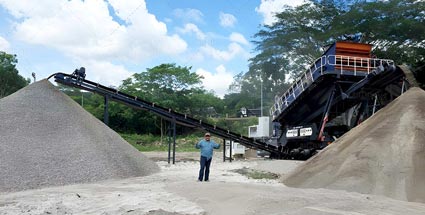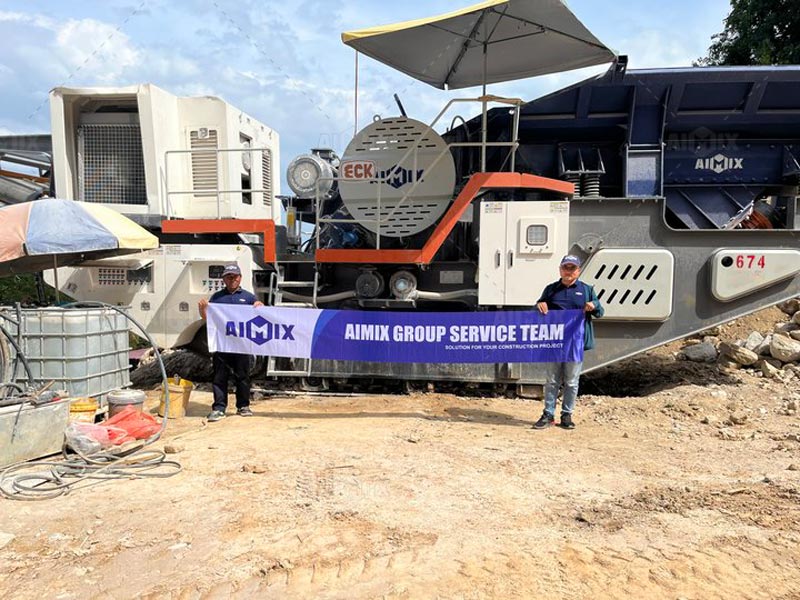Acquiring a 200-ton-per-hour (tph) stone crusher involves more than just evaluating machinery specifications. Shipping costs play a pivotal role in determining the final stone crusher plant price, often adding substantial expenses that buyers must account for. Understanding the nuances of freight logistics can help businesses make informed decisions and mitigate unforeseen expenditures.
Freight and logistics variables such as distance, transportation mode, and fuel surcharges significantly influence shipping costs. For instance, transporting heavy machinery like a 200tph stone crusher via sea freight may be cost-effective for international buyers, but port handling fees and inland transportation can escalate expenses. Conversely, air freight offers speed but at a prohibitive premium. Regional shipping challenges, such as inadequate infrastructure in remote areas, may necessitate specialized transport solutions, further inflating costs. Proactive planning, including consolidated shipments or negotiating long-term freight contracts, can alleviate some of these financial burdens.

Beyond shipping, taxes and tariffs substantially affect the landed cost of a 200 tph stone crusher. Import duties, value-added taxes (VAT), and other local levies vary widely across jurisdictions, making it essential for buyers to research fiscal policies in their target markets. Some countries impose high tariffs on heavy machinery to protect domestic industries, while others offer tax incentives to encourage industrial development.
Navigating these fiscal complexities requires diligence. For example, preferential trade agreements between certain regions may reduce or eliminate import duties, presenting opportunities for cost savings. Additionally, businesses should explore tax credits or exemptions available for capital equipment investments. Engaging a local customs broker or tax consultant can provide clarity, ensuring compliance while optimizing expenditure.

Local market conditions further shape the pricing of 200tph stone crushers, introducing variables that extend beyond mere production costs. Supply chain variations, such as the availability of raw materials or skilled labor, can influence regional pricing disparities. In markets with robust competition, crusher machine manufacturers may adjust prices to attract buyers, whereas monopolistic conditions could lead to inflated rates.
Competitive market pressures also play a crucial role. In regions with multiple suppliers, buyers may benefit from price wars or promotional discounts. Conversely, areas with limited suppliers might see static or higher pricing due to reduced competition. Seasonal demand fluctuations, currency exchange rates, and even geopolitical stability can further sway costs. By analyzing these factors, businesses can time their purchases strategically, securing the best possible deal.
In summary, the price of a 200tph stone crusher is shaped by a confluence of shipping, taxation, and local market dynamics. A thorough understanding of these elements empowers buyers to make cost-effective decisions, ensuring optimal investment returns.